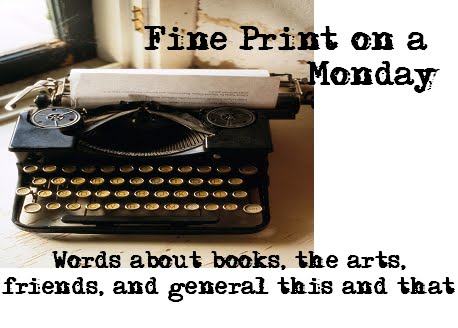Just imagine knowing that you should never have been born. What a horrifying thought. That is exactly what Trevor Noah came too understand about his birth to a white Swiss father and Xhosa mother under apartheid rule. Because of his "criminal" birth, Trevor spend much of his childhood hidden indoors; when he did venture out he stayed far away from his mother, often masquerading as the son of a family friend.
Noah gives context to each of eighteen essays by preceding it with appropriate explanation of how apartheid governed. Hearing it first hand from someone who lived it, hid from it, and eventually was freed from it, gives life to the subject in ways that are haunting, frightening and hard to comprehend, especially since this is an in-our-lifetime atrocity.
Noah was not a model child but because he was seen as a white child, within his family, his deeds often went unpunished. That, however, was the only place he was safe from harm. On the streets, his whiteness made him a target for gangs and for police. Noah learned to be fearless from his mother who spent her life outwitting the law in fear that the government would come and steal Trevor from her. And they had every right to do so.
Noah skillfully balances these essays. One will be filled with pathetic tales of a child subsisting on caterpillars followed by an hilarious essay about an unfortunate indoor bathroom scenario involving a rainy day, a newspaper and a blind grandmother with a keen sense of smell.
All told, these are survival stories shared by a likeable writer - eye-opening and generously honest. I am so grateful my book group selected this title.
Thanks for stopping by.

